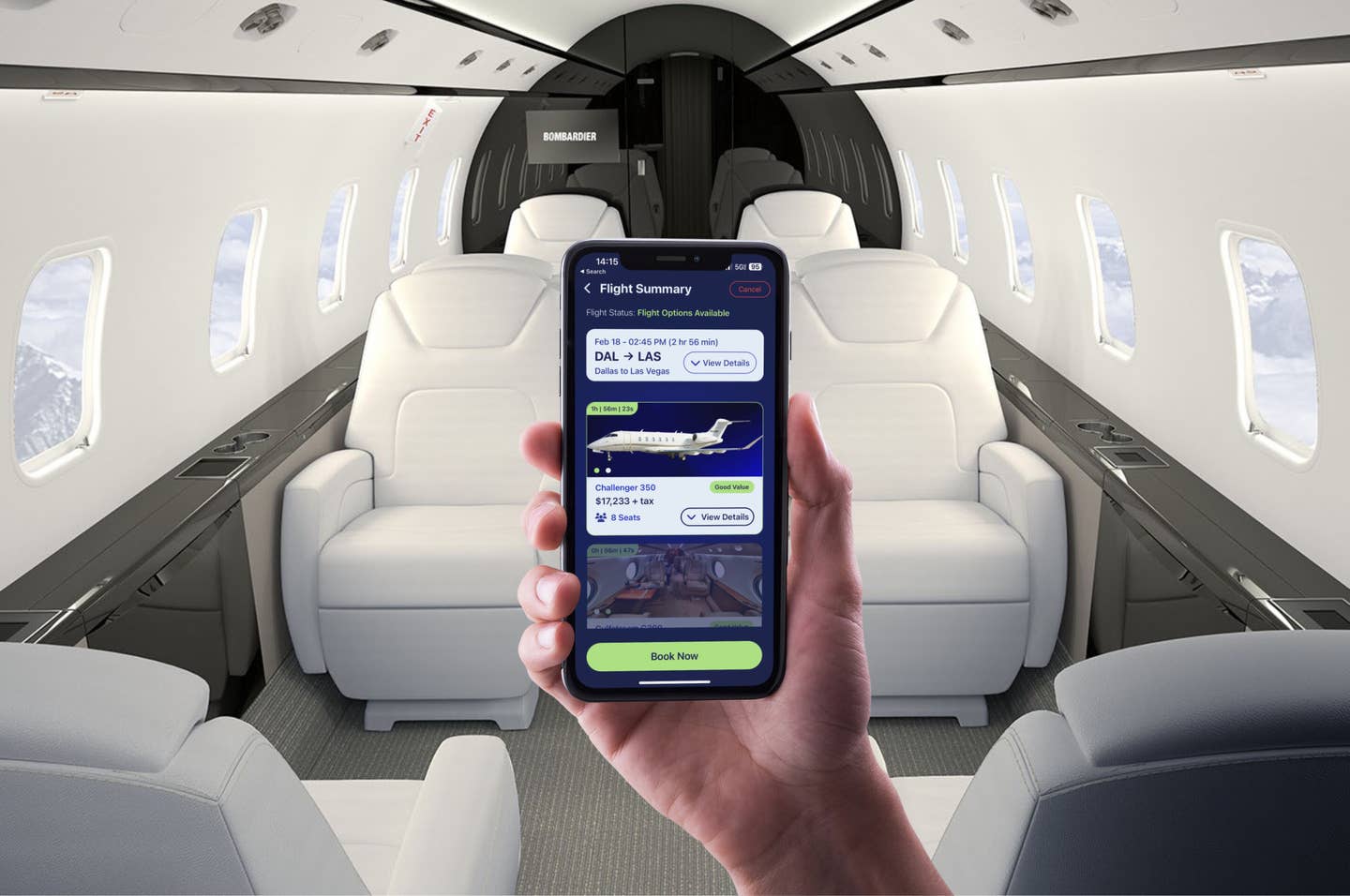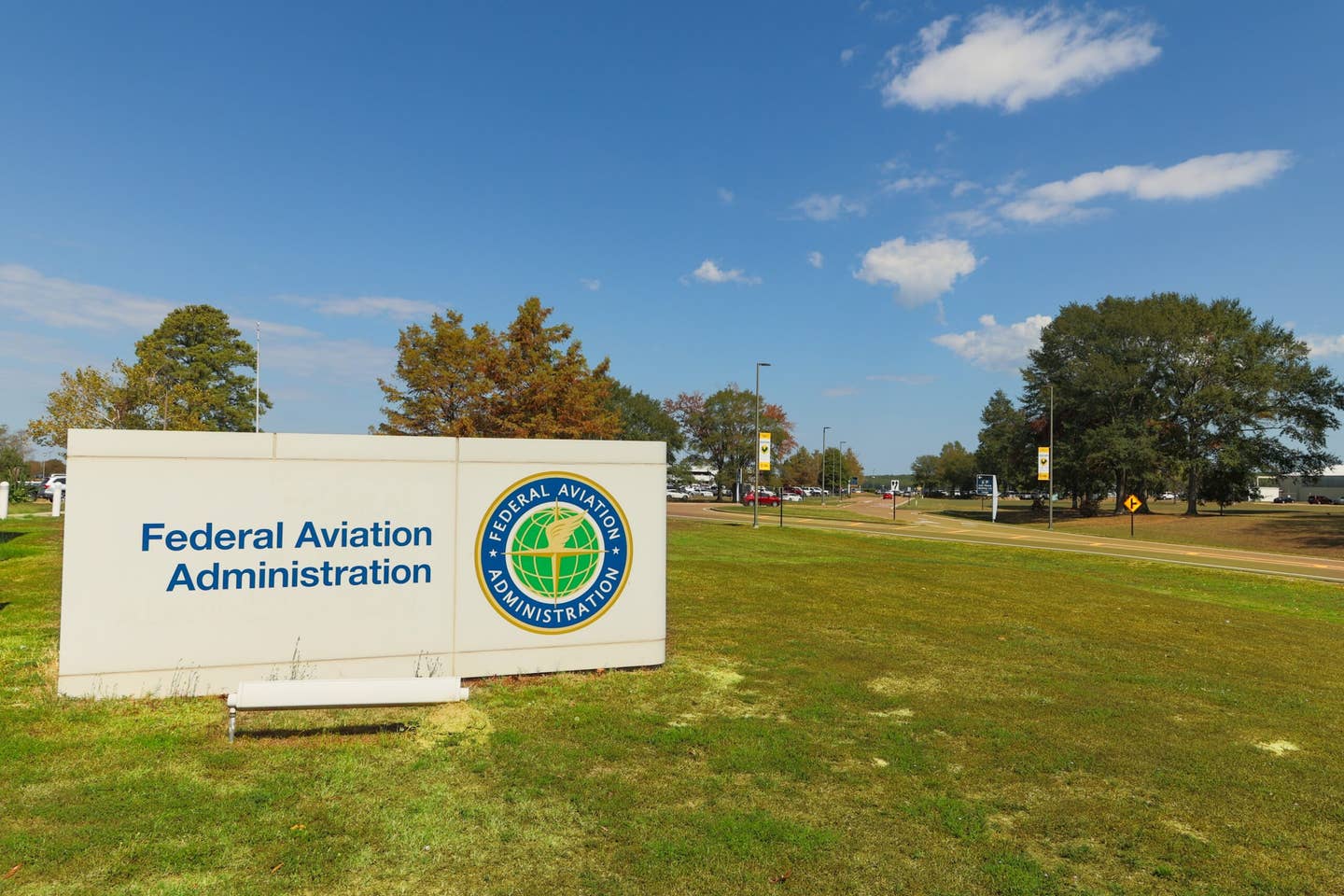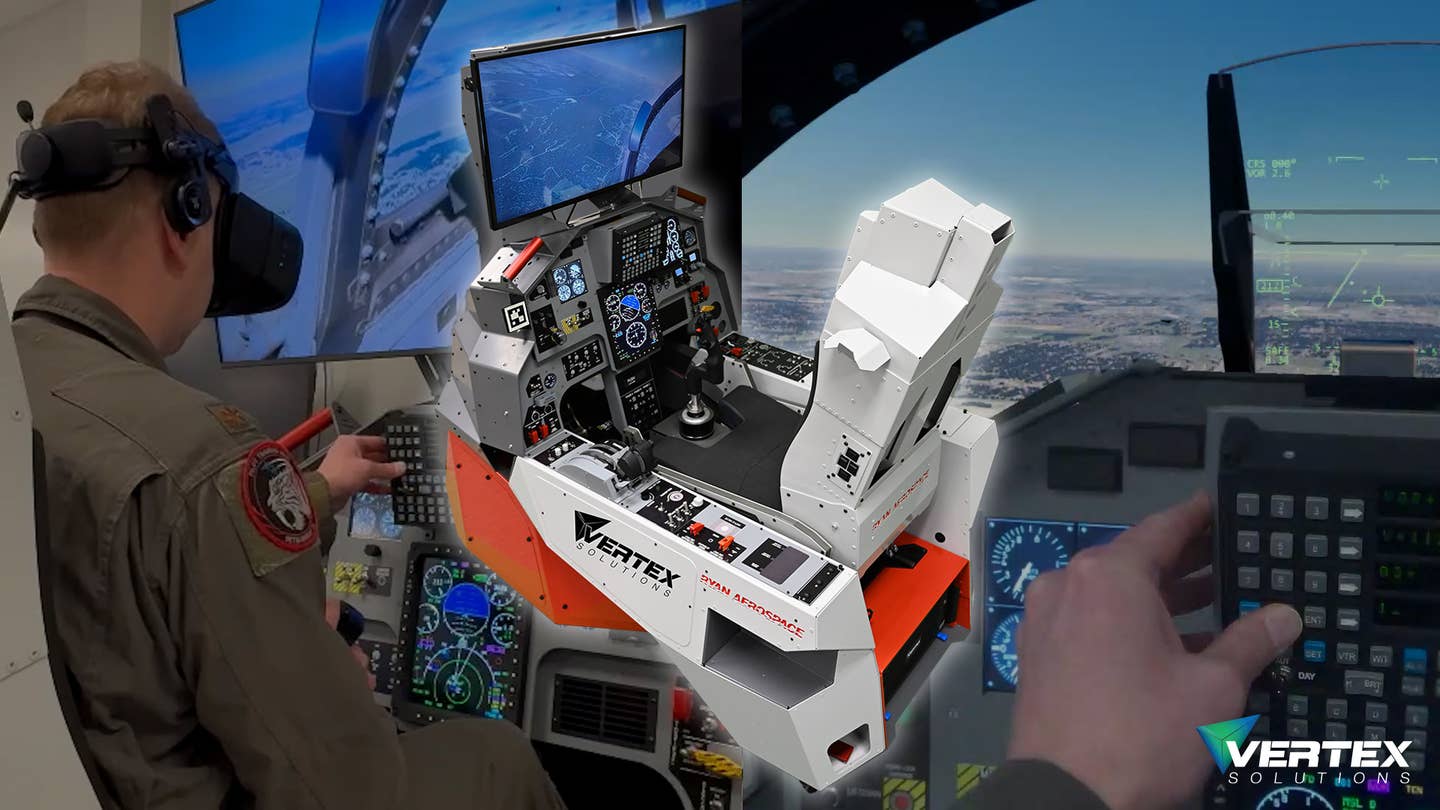UberJets Emerges as Fractional Jet Ownership Alternative
Membership-based, on-demand booking platform is a ‘game changer’ for private jet reservation, according to the company.

The UberJets platform allows for aircraft owners and pilots to register and offer their flight services for rapid mobilization based on renting members’ location and needs.[Courtesy: UberJets]
UberJets is shaking up the charter jet industry with a new way to book a private plane.
The aviation consultant’s modern jet travel platform Virtual Hangar launched its app earlier this summer as an alternative to fractional charter jet ownership and prepaid jet cards.
While UberJets isn’t affiliated with the roadside transportation app developer Uber Technologies, the concept is similar. Users of the app can rent a private jet and pilot for exceptionally fast service to fly all over North America, with UberJets’ record pickup being 36 minutes.
“We’re a membership-based program,” John Svensen, sales strategist and logistics innovator for UberJets, told FLYING. “UberJets is powered by our Virtual Hangar technology and Virtual Hangar app. What we’re really trying to do is shift away from the traditional model of fractional ownership and prepaid jet cards. We’re an on-demand booking service with the membership account.”
Standard members pay $9,500 a year, plus a one-time initiation fee, and a corporate membership upgrade is also available. Members receive on-demand, real-time access to available aircraft and can pay as they fly, so no extra deposits are required.
Svensen described New York City-headquartered UberJets as the platform for aircraft owners and pilots to register on and offer their services. The company then rapidly mobilizes aircraft based on the specifications of where the individual member is and what they need.
Members requesting a flight through the app ping all UberJets-partnered pilots based within 150 mile radius of aircraft space in both the members’ departing airport and destination. This optimized solution allows members to only pay for the flight they’re taking without having to worry about making an extra stop somewhere.
“If you go from New York to Florida a lot, and the [aircraft] owner has a Citation Excel that goes from New York to Florida a lot, you would be assigned to an operating partner in the northeast or down in Florida where we know this person moves these aircraft well,” Svensen said.
Launching its beta program during the COVID-19 pandemic, UberJets started testing slowly and gathered information on what passengers liked and didn’t like. That also allowed the company to grow into its automation process.
“Now we’ve revamped our new Virtual Hangar app live on the app store,” Svensen said. “You can also book on the web through our website. We have a lot of members who are using this platform now, and it’s really starting to pick up speed as we continue along. Our infrastructure is now fully complete and built. It was built before, and it was working, but now we’re in total automation of everything. I can’t think of anything else in the industry right now that can say they’re a fully automated system for booking.”
UberJets uses AI technology for predictive pricing, something that’s normally challenging to pinpoint a specific number for a company without its own aircraft.
“We are predicting aircraft prices on aircraft that we don’t even have—they’re just in our platform,” Svensen said.
He said that his team was able to predict the pricing of a route from Marco Island, Florida, to Scottsdale, Arizona, down to the exact dollar using this technology.
“Virtual Hangar is a game changer for private jet booking because it’s utilizing efficient aircraft solutions in the most timely manner possible,” Svensen said. “It’s picking these optimized solutions of aircrafts heading in a certain direction and putting passengers on them. It’s a known fact in the industry that roughly 43 percent of the aircraft flying over at any given time are flying with no passengers on them. We’re trying to get rid of that.
“We want the most efficient aircraft solutions [and to] put people on these repositioning flights so we’re not dealing with any round trips.”

Sign-up for newsletters & special offers!
Get the latest FLYING stories & special offers delivered directly to your inbox






